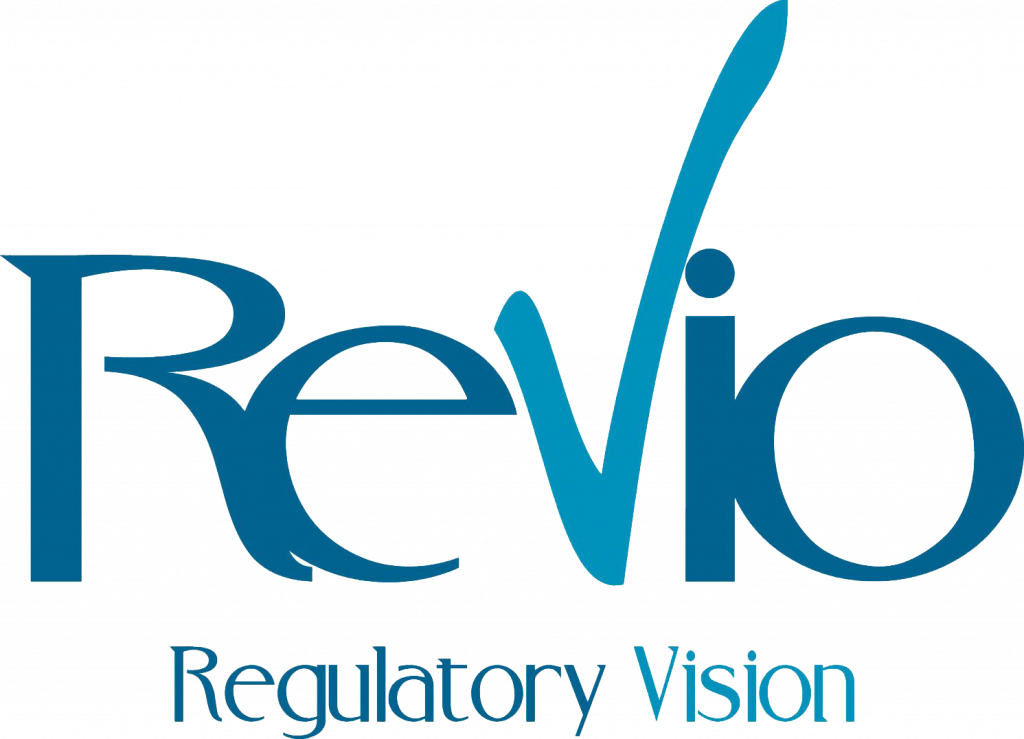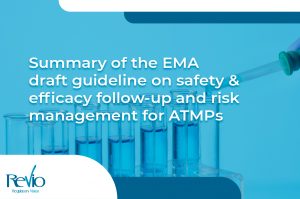The FDA has approved a new cell therapy for patients with blood cancers, known as Omisirge (omidubicel-onlv), a substantially modified allogeneic (donor) cord blood-based cell therapy to quicken the recovery of neutrophils (a subset of white blood cells) in the body and reduce the risk of infection.
Blood cancer and Cell therapy
The product is intended for use in adults and paediatric patients 12 years and older with blood cancers planned for umbilical cord blood transplantation following a myeloablative conditioning regimen (treatment such as radiation or chemotherapy). Immune cells in transplanted tissue identify the recipient’s body as foreign and attack the recipient’s tissues and organs.
Blood cancers are a form of cancer caused by the unchecked growth of cells in the blood, disturbing the ability of blood cells to function normally. This abnormal growth often begins in the bone marrow, made up of stem cells that form into different types of blood cells.
Blood cancers represent about 10% of all cases of cancer each year in the U.S., and they can be fatal, with varying survival rates based on multiple factors including the specific type of blood cancer diagnosed.
Stem cell transplantation is a common treatment for blood cancers. It involves putting healthy stem cells into the body to help restore the normal production and function of the cells. One source of healthy stem cells is in umbilical cord blood.
Cell therapy and Clinical information
Omisirge is a novel stem cell therapy that uses stem cells from cord blood. These stem cells have been genetically modified to enhance their ability to engraft in the recipient’s bone marrow and produce neutrophils quickly. Neutrophils are a type of white blood cell that helps the body fight infection. The therapy aims to reduce the time that patients with hematological malignancies spend without an adequate number of neutrophils. This condition can put them at risk of fatal infections.
The approval of omidubicel was based on data from a Phase 3 clinical trial. The trial involved 125 patients with high-risk hematologic malignancies. These patients received either omidubicel or a conventional transplant using unmodified cord blood stem cells. The trial showed that patients who received omidubicel had faster engraftment and a shorter hospital stay. They also had a lower incidence of bacterial infections compared to those who received the conventional transplant.
Adverse reactions associated with Omisirge
Treatment with Omisirge has the potential to cause severe side effects, which must be considered in assessing the risks and benefits of using this product. Similar to all approved umbilical cord products, the label carries a Boxed Warning for infusion reactions, graft versus host disease (GvHD – a condition that occurs when donor bone marrow or stem cells attack the graft recipient), engraftment syndrome (characterized by a noninfectious fever and rash), and graft failure (occurs when new cells do not produce white blood cells, red blood cells and platelets).
The most common adverse reactions associated with Omisirge included infections, GvHD, and infusion reactions. Patients who receive Omisirge should be monitored for signs and symptoms of infusion reactions, GvHD, engraftment syndrome, graft failure, transmission of serious infections or rare genetic diseases from the donor cells, as well as life-long for secondary malignancies (cancers that can spread from the original site or emerge following treatment).
Omidubicel, a milestone in the development of stem cell therapies
Omidubicel was granted Priority Review, Breakthrough Therapy, and Orphan Drug designations by the FDA, reflecting the agency’s recognition of its potential to address an unmet medical need in patients with hematologic malignancies who require a stem cell transplant.
The FDA’s approval of omidubicel represents a significant milestone in the development of stem cell therapies and highlights the potential of cord blood stem cells to treat a range of medical conditions. The approval of omidubicel also demonstrates the value of collaboration between industry and academia in advancing innovative therapies for patients in need.
Check the official FDA website if you want to know more or to consult the official press release here!
Nevertheless, we have launched a dedicated webpage to bring you the latest updates, guidance and developments. You can also follow us on LinkedIn.
We hope you find this useful and of interest. If you would like to discuss any of these updates with the team at REVIO, please get in touch here.




